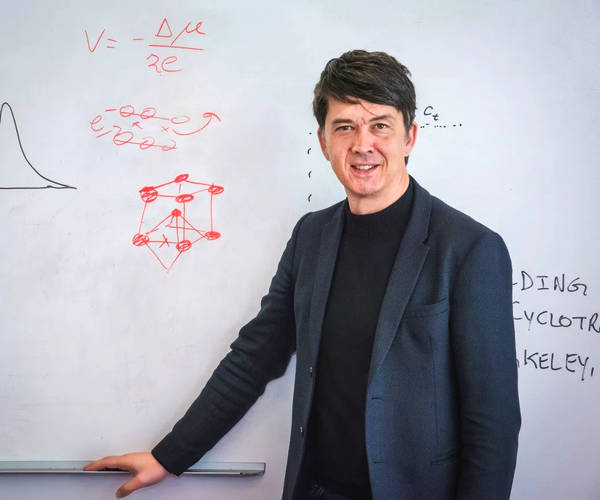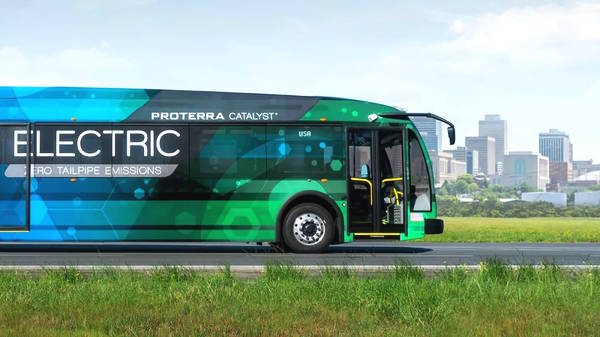Cobalt element has always been expensive and the supply chain is fragile. The US Department of Energy started a research project three years ago to develop lithium-ion batteries that do not require cobalt element. The development of automotive technology has laid the foundation for the creation of electric vehicles and industrial energy storage systems with lower prices and longer battery life.
Materials scientist Gerd Ceder is the research project director of Lawrence Berkeley National Laboratory and is currently working on using a "disordered rock salt" as the cathode for rechargeable batteries.
Normally, the cathode of a lithium ion battery needs cobalt element to maintain the layered structure in order to let lithium ions pass smoothly. But many years ago, Professor Ceder and colleagues discovered a new material that can store more lithium ions, which is expected to increase the energy density of lithium batteries without using cobalt at all.
In an interview with MIT Technology Review, Professor Ceder discussed the challenges faced by new battery materials, the advantages of lithium batteries, and why battery technology always seems to be stagnant.

Picture 丨 Professor Gerd Ceder
MIT Technology Review: What will be the next step of the new composite research and development project you are responsible for?
Gerd Ceder: We proposed this concept four years ago, and now we have found many compounds with ideal properties. Next, we will select some materials from which to experiment. If the new materials can solve the problems we face, then The next stage is to try to commercialize.
For these materials, first of all, they must have a good charge-discharge rate, and the standard cycle life of the battery. Then, we will use various means to process the material to further improve the performance of the battery.
At present, we have conducted the next stage of testing the materials with the greatest potential. I think this is the most promising success since I have been engaged in this material research.
MIT Technology Review: Why does a new material take so long from laboratory to market?
Gerd Ceder: Any commercial product will take a long time in this process, and speeding up the research and development speed will not greatly promote the entire process, because of factors such as material optimization, testing, and consumer acceptance. Will have an impact on the product's listing.
For batteries, during this time, the materials must be mass-produced, tested, and then sent to battery manufacturers for up to 2 years of testing. So even if we find a perfect material in the laboratory today, it will take 6-10 years for the product to go to market.

MIT Technology Review: A few years ago you said that "solid-state batteries are near-perfect batteries", do you still think so?
Gerd Ceder: Solid-state batteries are still the "perfect battery" in my mind, and I remain optimistic about this. People's efforts in this field will eventually be exchanged for solid-state battery products with excellent performance.
But it must be said that there are still many problems to be solved for solid-state batteries. The biggest problem with solid-state electrolytes is their own instability, and because of this, no one has achieved mass production of solid-state batteries so far.
But no matter what, I still think this is one of the most promising technological development directions.
MIT Technology Review: Grid energy storage is a technology that has attracted the attention of the investment community in recent years. What are the promising research directions for this field?
Gerd Ceder: In my opinion, there are still many uncertainties in grid energy storage. In the short term, lithium batteries are still the only option for reliability reasons.
For other technologies, I do not deny that new technologies may enter the field of electric energy storage, but this industry giants gather, we can not underestimate the degree of competition among them.
MIT Technology Review: Some experts say that lithium-ion batteries have a lower cost limit, so this does not apply to the long-term storage of electrical energy. What is your opinion on this?
Gerd Ceder: Lithium ion batteries are already very cheap. For other technologies, even if they can be made cheaper in theory, they should be created first. At the same time, startups can only survive in high-value markets, and the electrical energy storage market does not have this feature.
To take another extreme example: if you need to store a kilowatt hour for 6 months, how much are you willing to pay for it? Obviously, such a service needs to be very cheap to be able to attract customers, otherwise it would be more economical to choose direct power generation.
Furthermore, I am not sure whether this extremely cheap solution can be realized in the field of electrochemical storage, because chemical batteries cannot solve all problems.
Face Masks,Medical Face Masks,Ear Loop Face Masks,Medical Grade Face Masks
Henan Diyi Medical Technology Development Co.,Ltd. , https://www.diyimedical.com
